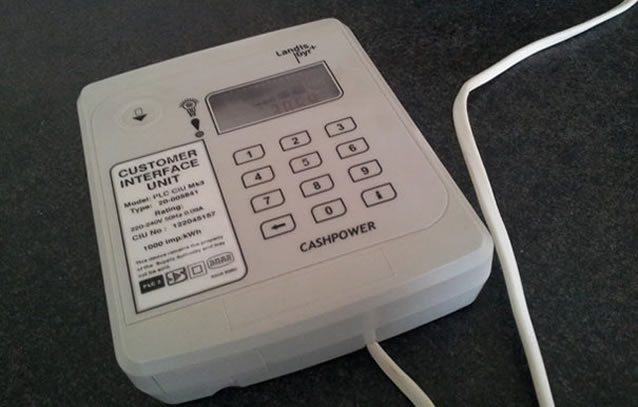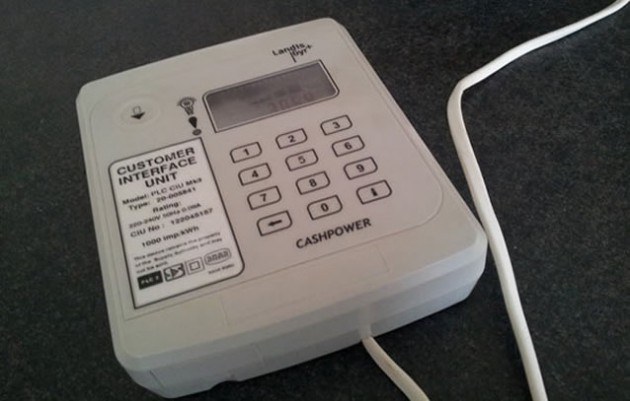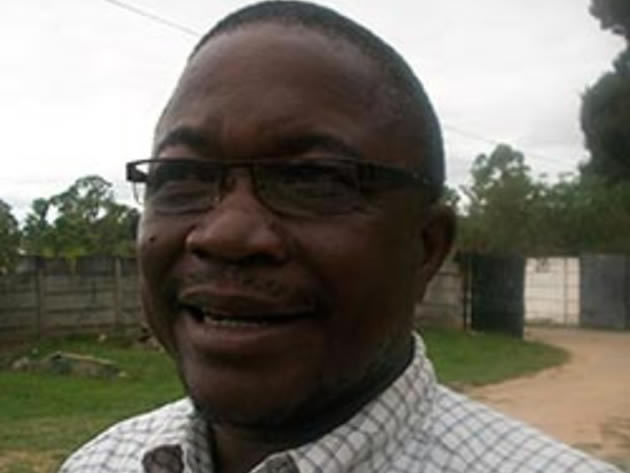Zesa to put 180k more on prepaid meters

 Felex Share Senior Reporter
Felex Share Senior Reporter
The State Procurement Board (SPB) has granted Zesa Holdings permission to buy 188 000 prepaid meters and put more consumers on the prepayment system to generate revenue and meet the high operating costs expected when the country starts using emergency power supplies.
The move is also aimed at ensuring that the power utility meets its target of 800 000 meters enshrined in the Government economic blueprint, Zim-Asset by 2018.
To date, just over 540 000 meters have been installed.
Also Read:
Zimbabwe Electricity Distribution and Transmission Company (ZETDC) managing director, Engineer Julian Chinembiri, said of the 188 000 prepaid meters, 38 000 units were being bought directly from the three firms initially contracted to install the components.
The three firms are Finmark, Solahart and Nyamazela.
Another 150 000 units would come from two new players, Paramount Cables and Solutions Africa, who were recently awarded the contract by the tender board.
“The 38 000 units are being bought from the firms that completed their task of installing a combined 500 000 but have the meters in stock,” Eng Chinembiri said.
“We resumed installations before Christmas and this is just a stop gap measure to cater for new connections and faulty meters in the coming weeks while we await for the delivery of the large consignment from the two contractors. This is a reprieve to consumers as most had gone for months without getting connected or meters being replaced.”
He said their Zim-Asset targets were being frustrated as they had waited for about a year to get approval from the SPB.
“We ran out of the units long back and the previous SPB could not allow us to have this short term solution,” Eng Chinembiri said.
“We were losing more than $8 million monthly because of suppressed demand from unconnected customers in both existing and new developments. Millions were also being lost on faulty meters and at the end of the day, unscrupulous customers were connecting themselves.”
He said the power utility’s feud with the SPB promoted the black market with contractors working in cahoots with Zesa employees to charge desperate customers between $300 and $500 to install the units.
“On the new contract, no initial contractor has been retained as some of them were supplying faulty meters which cost us,” Eng Chinembiri.
“Their current meter types failed to meet the technical requirements because the specifications were tightened to address challenges and deficiencies. Cabinet has directed that more people be on prepaid meters with part of the revenue going to meet the operating costs of the emergency power plant.”
The 200MW emergency power, to be powered using diesel, will be installed at the Dema Substation in Seke and should be complete by February next year.
The emergency power plant is a short term solution to the power crisis bedevilling the country, while power generating projects like the expansion of Kariba South and Hwange power stations materialise.
Three foreign companies, Agrekko, (Europe), APR Energy (America) and Altaaqa Global from the Middle East had been enlisted for the job and indications are that the contract went to APR Energy.
The emergency plants are expensive to run and Government has already notified that beginning February, Zimbabweans have to “bite the bullet” and embrace significant power tariff increases to reduce the load-shedding hours.
ZETDC and Zimbabwe Power Company have already applied to the Zimbabwe Energy Regulatory Authority (ZERA) seeking to increase electricity tariffs next year from 9,86 cents per kilowatt per hour to about 14c/kWh.










Comments